FM addresses OSCE ministerial conference
A two-day ministerial conference of the Organization of Security and Cooperation in Europe opened in Basel, Switzerland on Thursday with a debate on Ukraine.
Thursday, 04.12.2014.
16:49

FM addresses OSCE ministerial conference
He said that cooperation was needed in order to resolve this crisis, and that implementing the Minsk agreement was the best way to do that.Burkhalter added this has so far been very limited, with the cease-fire not firmly established, the political process not launched and the situation remaining fragile.
Switzerland will, he added, will continue to support the special mission of the OSCE and dialogue.
He denounced “dangerous increase in military activities and aggressive rhetoric” within the context of the crisis in Ukraine.
swissinfo.ch is reporting that Burkhalter announced "the appointment of a panel of experts from the whole OSCE area tasked with drawing up recommendations on how to reestablish trust and uphold security in Europe as a common undertaking once again."
He described its goal as “not about bringing about revolutionary change in the European security landscape, but about reestablishing a greater degree of security for each individual”.
Serbia will take over from Switzerland as the OSCE chair on January 1. Serbian Minister of Foreign Affairs Ivica Dacic said during the session today that his country is committed to a peaceful settlement of the crisis in Ukraine, describing it is as "the biggest since World War II."
Dacic said much greater involvement was needed in resolving the Ukrainian crisis, while it was "important that everyone shows responsibility and increase their efforts to implement the Minsk agreement."
Three months after the signing of the ceasefire deal, it is necessary to invest more effort, Dacic said, adding that the Serbian chairmanship will continue to support the work of the OSCE mission in Ukraine, which plays a key role in implementing the adopted documents.
Dacic also said that the Ukrainian crisis was a reminder that "joint action and dialogue are necessary."
Speaking of the dialogue between Belgrade and Pristina, Dacic said that the agreement reached in Brussels on normalization of relations was a breakthrough and stressed the commitment of the Serbian government to fully implement it.
OSCE Secretary General Lamberto Zannier pointed out to the growth of instability and insecurity in the OSCE region and beyond.
When it comes to Ukraine, he said there were currently 341 OSCE observers there in ten areas, including Donetsk and Lugansk.
EU High Representative Federica Mogherini praised the work of Switzerland during the presidency of the OSCE and welcomed the strong focus and a balanced approach of Serbia. She said that "everyone needs a permanent solution to the crisis, based on respect for sovereignty and territorial integrity."
Mogherini asked for the withdrawal of "all illegal forces, mercenaries and military equipment from eastern Ukraine."
The last to arrive to the meeting was U.S: Secretary of State John Kerry.
“The United States and countries that support Ukraine’s sovereignty and rights do not seek confrontation. It is not our design or desire that we see a Russia that is isolated through its own actions. In fact we are convinced that Moscow could rebuild trust and relationships if it simply helps to calm turbulent waters, if it takes steps now to implement the Minsk Protocol," he was quoted as saying.
Russia denies western accusations that it provided arms and soldiers to the pro-Russian forces in eastern Ukraine.
The Basel meeting has brought together foreign ministers of most OSCE member states, while some 230 journalists are reporting from the gathering.










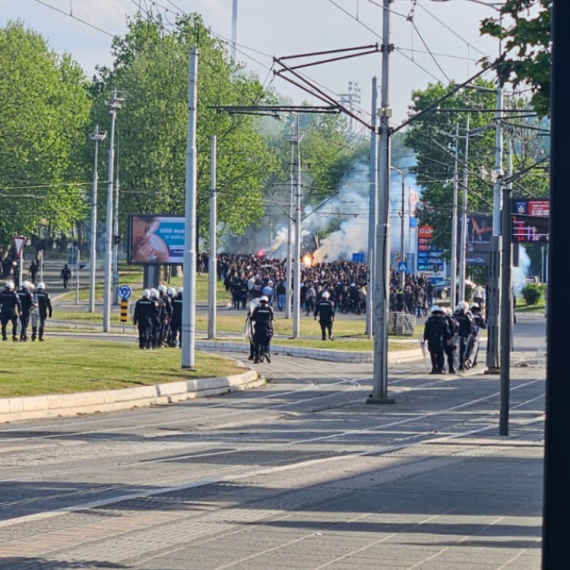




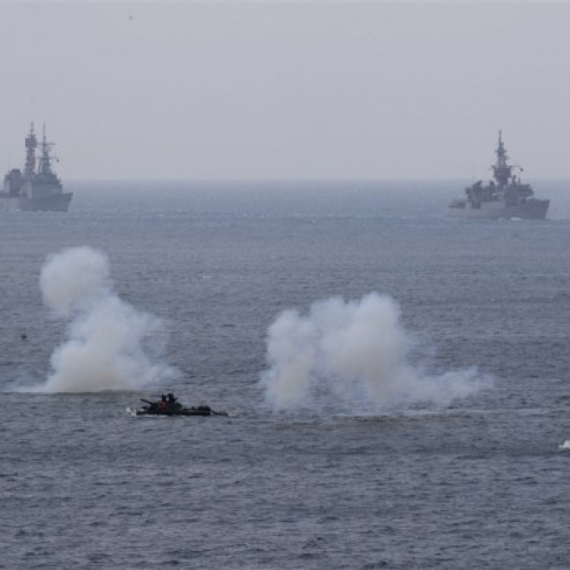

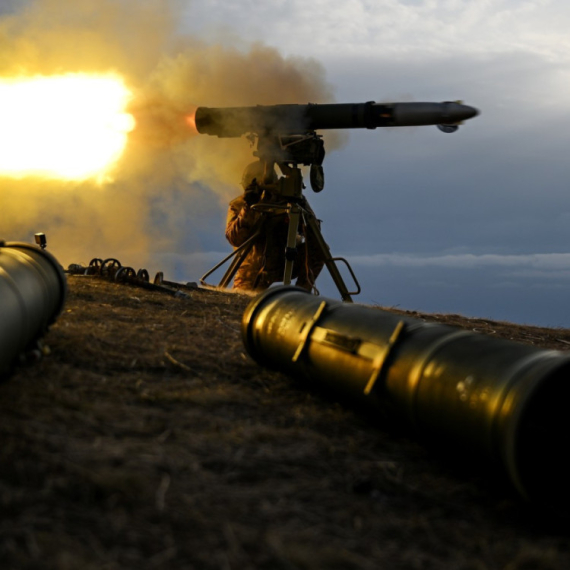


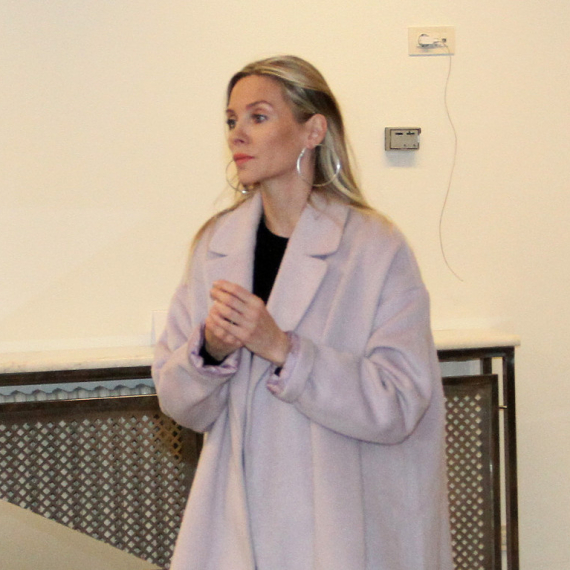
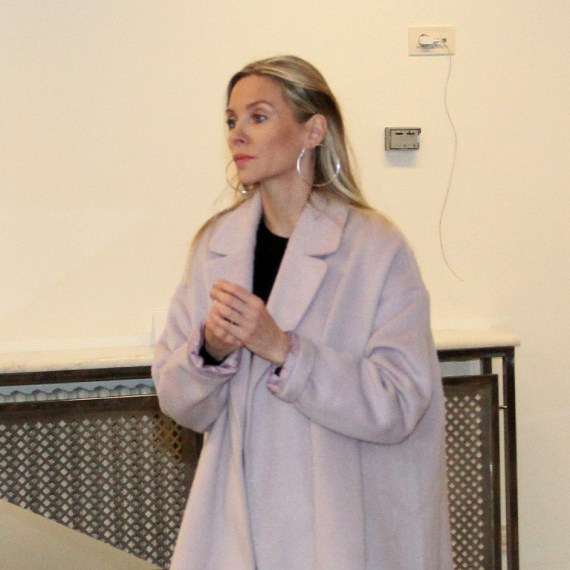



































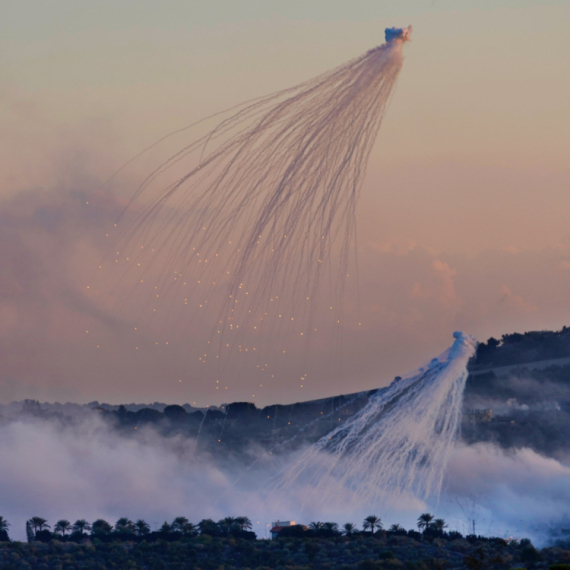

Komentari 2
Pogledaj komentare